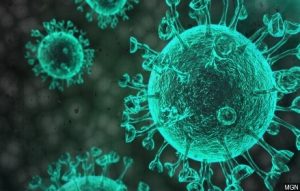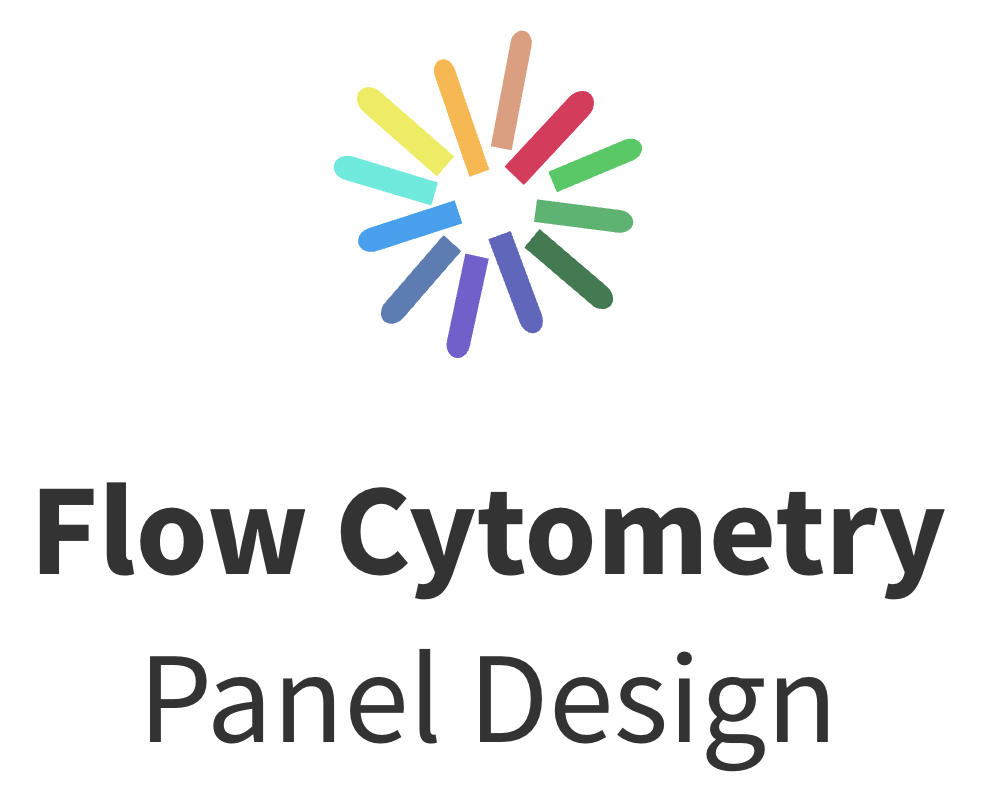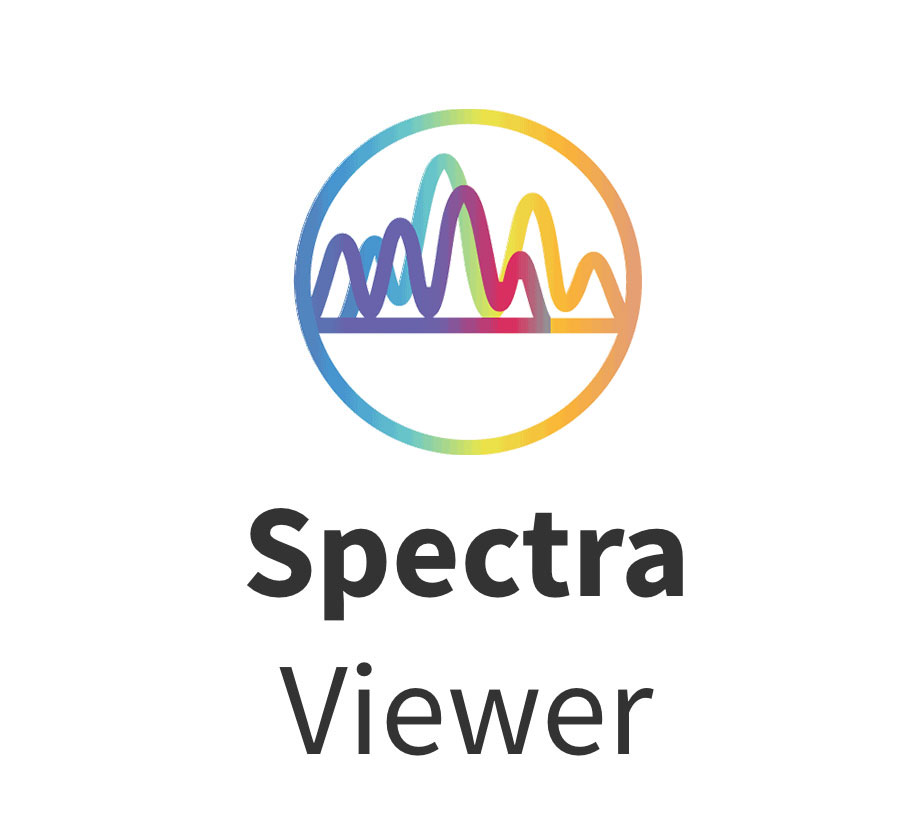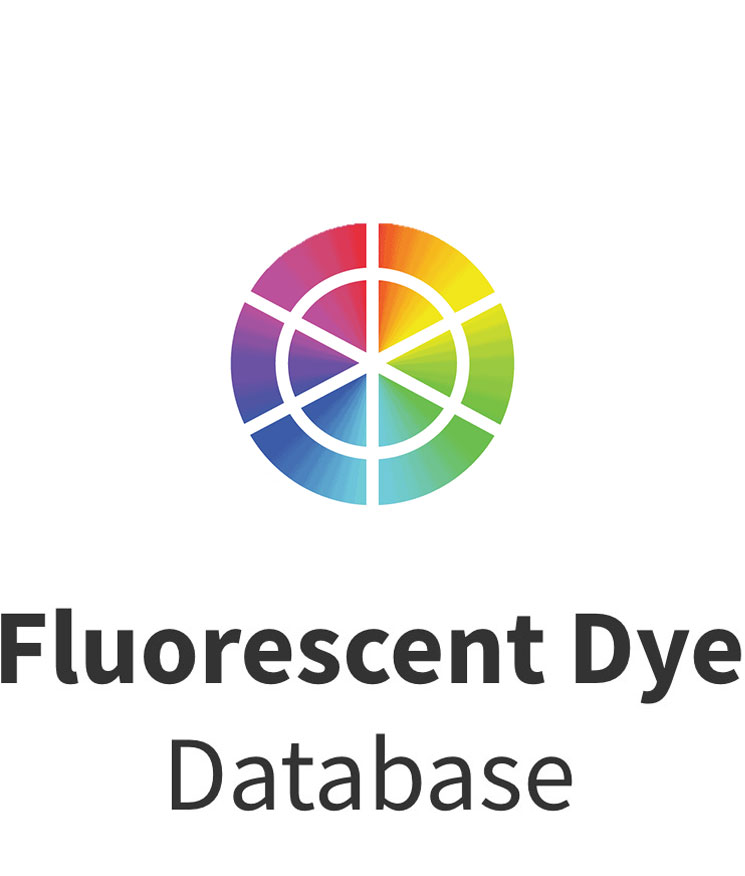How cytometry is helping researchers fight a pandemic
Flow cytometry is playing a central role in shaping our understanding of COVID-19 disease and the SARS-CoV-2 virus. Here we highlight how research teams are using flow cytometry to detect SARS-CoV-2, identify how the virus interacts with host cells, and understand how the immune system responds to the infection.
Viral Detection
There are multiple flow cytometry-based methods available for detecting coronavirus. As far back as 2007, a research team at the University of Wisconsin developed a multiplex PCR assay using high-throughput microsphere flow cytometry for detection of human respiratory viruses. It was validated on eight distinct groups of known viral pathogens including coronaviruses.
Host-Pathogen Interactions
UCSF’s Quantitative Biosciences Institute has organized an international Coronavirus Research Group focused on mapping the interaction and modification of human proteins that fuel viral pathology. In their first published study, the group expressed 26 SARS-CoV-2 proteins in human cells and mapped 332 viral-human protein-protein interactions. Furthermore, the study identified “66 druggable human proteins or host factors targeted by 69 existing FDA-approved drugs, drugs in clinical trials and/or preclinical compounds”, which the group is currently evaluating in live SARS-CoV-2 infection assays. In a recent follow-up study, the QBI group probed the effects of SARS-CoV-2 infection on phosphorylation patterns and gene activation. They describe a “dramatic rewiring” of phosphorylation patterns on both host and viral proteins, resulting in severe cellular changes. Specifically, casein kinase II and p38 MAPK activation may be linked to the development of multiple “filopodial protrusions possessing budding viral particles”, while the increased production of cytokines and shutdown of mitotic kinases causes cell cycle arrest. In this study, researchers used flow cytometry to quantify DAPI stained DNA to directly demonstrate the effect of SARS-CoV2 infection on cell cycle progression. A separate group is investigating antibody-dependent enhancement of viral entry. They found that antibody binding can induce conformational changes in the MERS-CoV surface spike protein, resulting in proteolytic activation. In addition, as the antibody binds cell surface IgG Fc receptors, it can guide viral entry by canonical viral-receptor-dependent pathways. These findings indicate that the antibody/Fc-receptor complex may be functionally mimicking the viral receptor in mediating viral entry.
Immune Response
Researchers are also using flow cytometry to understand changes in T and B lymphocytes during SARS-CoV-2 infection, as well as exploring the role inflammatory cells may play in its immunopathogenesis. Flow cytometric analyses of PBMC samples from COVID-19 patients have shown elevated levels of SARS-CoV-2 specific CD4+ and CD8+ T cells, as well as CD14+HLA-DRlo inflammatory monocytes Another study using flow cytometry detected low levels of SARS-CoV-2-reactive T cells in 20% of healthy controls not previously exposed to SARS-CoV-2, indicating potential cross-reactivity from past infection with other coronaviruses. Flow cytometry has been a critical tool for detecting SARS-CoV-2 and understanding how the infection impacts the body. As the international research community continues to battle the COVID-19 pandemic, we should appreciate the powerful weapon cytometry offers.
COVID-19 Impact on the Cytometry Community
COVID-19 has disrupted research globally in many ways, from social distancing to shuttered labs and core facilities. While travel and meeting restrictions have forced most cytometry conferences to postpone live events, some have decided to hold virtual meetings this year.
Here is a quick list of cytometry conferences currently affected by COVID:
ISAC CYTO2020 (Philadelphia, PA on June 19-23)
- Canceled live conference.
- Replaced with a virtual event on August 4-5.
CYTOAsia (Shanghai, China – September 2020)
- Canceled live conference.
- Next planned meeting is for Shanghai in fall 2021.
ICCS 35thAnnual Meeting for Clinical Cytometry (New Orleans – September 25-29)
- Canceled live conference.
- Replaced with virtual event on roughly the same dates
2nd Annual Flow Cytometry Congress
- Live conference planned for London, UK on October 8-9
- Organizers are actively monitoring the health and safety situation





